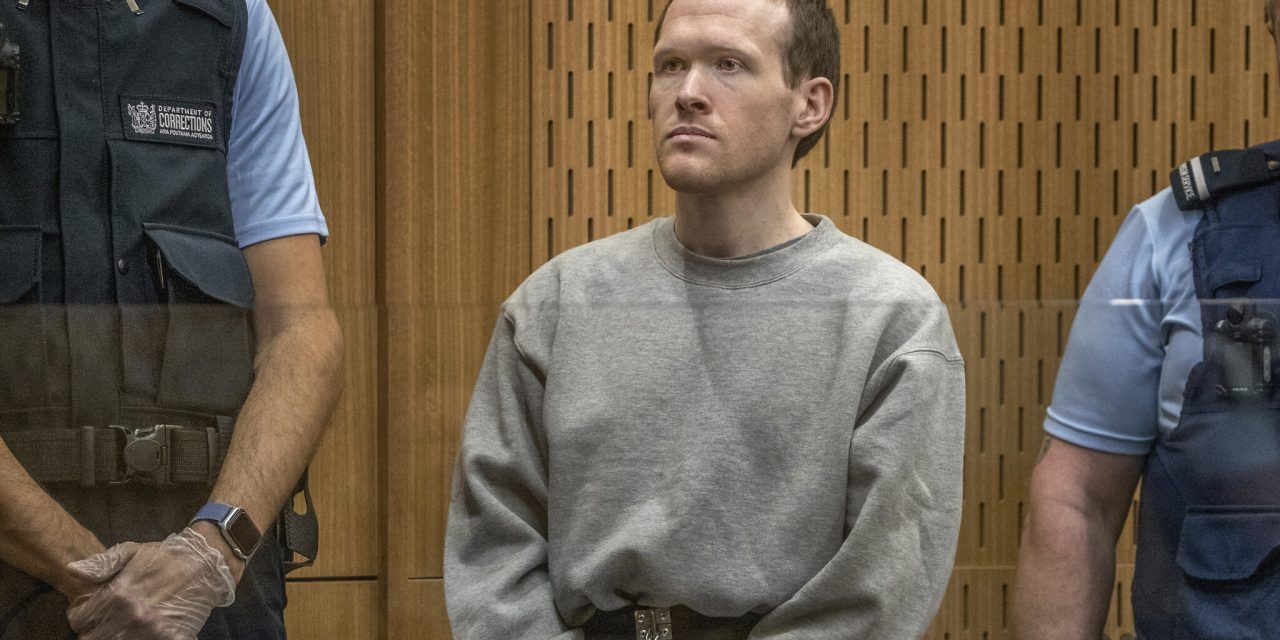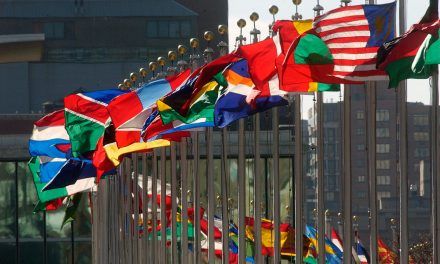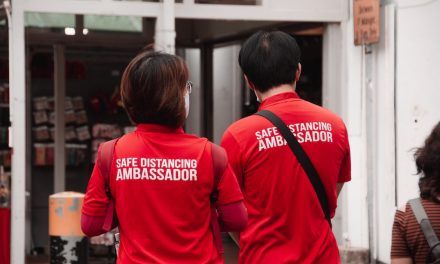A significant legal story of the last 12 months has been the legal and social challenges presented by criminal cases of the Christchurch Shooter and the murderer of Grace Millane.
In August 2020, the High Court engaged in the harrowing task of sentencing the Christchurch Mosque Shooter ([2020] NZHC 2192). In doing so, it handed down the first sentence of life imprisonment without parole in New Zealand history. This sentence followed guilty pleas entered to 51 charges of murder, 40 charges of attempted murder and one charge of engaging in a terrorist act.
Several months later, the Court of Appeal dismissed the appeal against conviction brought by Mr Jesse Kempson, the 26-year-old-man convicted of murdering British backpacker, Grace Millane ([2020] NZCA 656). The Supreme Court dismissed a further appeal against conviction on 29 June 2021 ([2021] NZSC 74), bringing the case to a close. The factual premise for Mr Kempson’s appeals had been that he and Ms Millane had engaged in consensual rough sex that had left the latter dead; a defence that added profile to the case.
Each act of extreme violence battered a view of New Zealand as a safe and tolerant nation. The Christchurch shooting was New Zealand’s first ever terrorist attack. It provoked an outpouring of support for the Muslim community who were the subject of the attack, before giving way to a broader discussion about New Zealand’s imperfect relationship with its ethnic minorities. Six months later, the New Zealand Police scrapped an armed police trial following public opposition. Opposition flowed from concern how such a change would hurt Māori communities and undermine efforts to undo the enduring consequences of the country’s colonial past.
The Grace Millane murder led to large public exhibitions of grief, with vigils held for this young British woman who should have been safe here. The scale of these vigils prompted the question why comparable murders of poor, minority women attracted much less attention. New Zealand also has a difficult and underreported record when it comes to domestic violence against women. These vigils led to marches held in Auckland and Christchurch for women who had died in New Zealand at the hands of their partners, with the victims of 38 other women murdered in 2018 read out at a vigil originally for Millane.
Add to this mix unprecedented foreign media attention. Both cases involved name suppression issues, with much of the reporting taking place by overseas media outlets, over which the New Zealand courts’ power was limited. In the case of The Millane Trial, breaches of name suppression by overseas media outlets illustrated the difficulty of such orders. And while the streaming online of the Christchurch shooter’s attack led to international criticism of the platforms that allowed this footage to be shared and disseminated, not long after this event, a New Zealand newspaper posted the chilling evidential CCTV footage of Ms Millane and Mr Kempson together, taken at various locations around Auckland, in the hours leading up to the murder.
Nonetheless, the criminal process, applying conventional principles of law and procedure, showed its ability to accommodate such extreme cases.
In the appellate hearings in The Millane Case, the Court of Appeal and Supreme Court dismissed Mr Kempson’s appeal with little difficulty, affirming the principle that a person cannot consent to bodily injury known likely to result in death. Each court went further, finding also, that Mr Kempson’s account did not provide any credible narrative of Ms Millane consenting to the actions that killed her. Mr Kempson’s appeals failed on both fact and law.
The Christchurch shooting, the deadliest event in modern New Zealand history, required four days of Court time to allow surviving relatives and other affected victims to describe the impact of the shooter’s actions. Justice Mander heard orally from 91 victims and considered over 200 victim impact statements. While little can take away the trauma to the victims and their communities, the sentencing decision and process acknowledged this pain, allowed these victims an opportunity to be heard, and successfully marginalized the agenda and motives of the shooter. The sentencing decision—193 paragraphs long—named each of the 91 victims, paid homage to their lives, and attempted to mark the scale of their tragedies.
Such stress tests of our criminal processes are unwelcome. But when they are presented, it is comforting to see the hard work put in by lawyers, judges and court staff to ensure that the test is passed with honour.

William Fotherby was Called to the New Zealand Bar in 2009 and the English Bar in 2017. He is a Principal in the Auckland law firm of Meredith Connell focusing on civil litigation, fraud, and investigation work.

Josie Butcher is a law clerk in the commercial litigation team at Meredith Connell. Next year, Josie will be clerk to the Honourable Chief Justice Helen Winkelmann of the Supreme Court of New Zealand.





